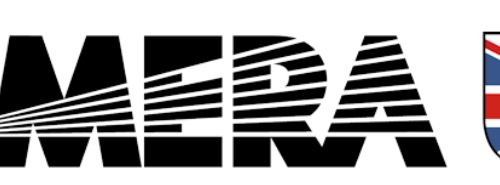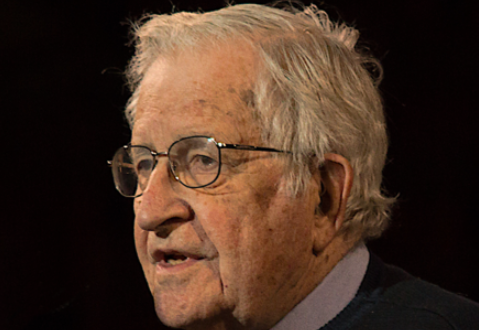Guest post by Karl Pfeifer
Timothy Kirkhope, Conservative MEP for Yorkshire and the Humber, invited the actor Hugh Grant to publicly state his case on press freedom on June 27 in the European Parliament. Grant, after painful experiences with phone hacking by the now defunct “News of the World,” did so as spokesman of the Hacked Off campaign, which tries to find a proper balance between restraining tabloid journalism and maintaining the freedom of the press.
Grant said the new media laws in Hungary were a particularly bad example of media restrictions in Europe in recent years. The press should monitor the government, and not the other way round
The Hungarian Vice State Secretary Ferenc Kumin, responsible for “international communication,” tried to counter this by making a big show about the difficulty of finding out Hugh Grant’s postal address: the star has an office which deals with fan mail, but the Vice State Secretary seems intent on not being mistaken for an admirer. He intends to send Grant a fat envelope of Hungarian publicity material in English that proves how wrong he was.
István Pálffy, MP of the Christian Democratic People’s Party (the junior coalition partner of the ruling Fidesz), who functions as “Vice-President for Culture and Press Commission of the Hungarian parliament,” remarked that Hugh Grant “seems stuck with his role in the film “Love Actually” (2003) and thinks he is Prime Minister of Britain.
The actor could counter with an observation by Amos Bronson Alcott, which he, of all people, could deliver superbly: “To be ignorant of one’s ignorance is the malady of the ignorant.”


